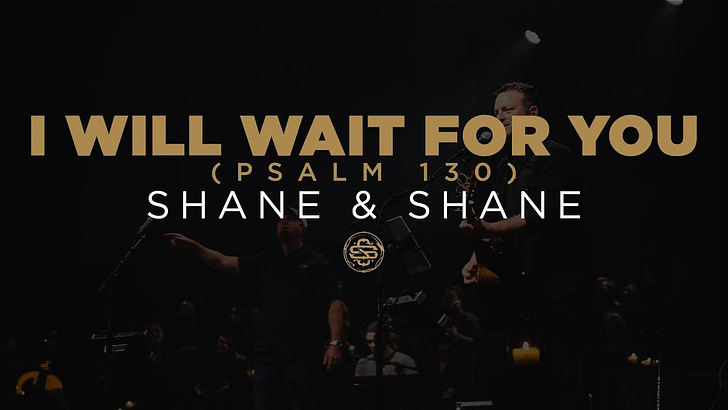Psalm 130
Many of you know that last year a group of 15 Psalm-a-Dayers travelled with me to Israel. We arrived there on October 8, a day after Hamas perpetrated atrocities at 20-plus Kibbutzim communities and at a rage festival. We were amazingly able to spend 8 days in country before it became clear that we needed to leave.
Here is one story from our journey in Israel: one of our stops is the desert oasis called Ein Gedi (Spring of the Kid) … it’s a top five spot in our tour and provides the perfect back drop to teach about living water and to teach a faith lesson about King Saul and David’s encounter there (I Samuel 23:19 – 24:22). It’s a place where I take our groups without the guidance of Boaz, our brilliant tour guide, and my brother from a different mother … personal note: Boaz, at age 57, volunteered to serve again in the Army. He is in Gaza on active duty.
Typically, after we enter the oasis, Boaz takes the opportunity to sit in the pavilion area and make phone calls and catch up on other business for his tour company. While he was sitting there with Popeye, our bus driver, they overheard a Jewish family talking and they engaged in conversation. It turns out that they had been temporarily re-located to the Ein Gedi Kibbutz hotel from their home kibbutz near Gaza.
They told of the harrowing experience of having their home invaded and barely escaping to their safe room just seconds before Hamas terrorists reached the door. What followed next was a contest of strength and will as their sixteen year old son held the lever of the safe room door closed while the terrorists were on the other side trying to pry the door open (the safe rooms were never designed to keep people out … just protect against bombs). The son guarded and held that door shut for the next six hours as his father stood guard with his weapon should the terrorists breach the entry. The terrorists finally gave up and moved on, and the family survived.
And now the hard part of the story. There were three children with the family at Ein Gedi. Missing from the group were the two youngest children, who had been spending the night at another house in the Kibbutz. After three days, they had no word about the safety of their other two children. In all likelihood, they were two of the approximately 1,200 Israeli citizens who had been massacred on October 7. For perspective, as a percentage of population, that is the equivalent of over 40,000 Americans.
Psalm 130 begins: “Out of the depths I cry to you, O LORD; O LORD, hear my voice. Let your ears be attentive to my cry for mercy.” (v. 1-2)
This hymn follows classic lament psalm structure and includes repetition for emphasis as we have observed in each of the psalms of ascent (note the repetition of waiting and watching and putting hope in YHWH). Striking in this text is the acknowledgment by the writer that he is unworthy to stand before G-d because of his sin. He acknowledges that G-d is merciful and a forgiver of sins. (v. 3-4)
And finally, following the structure of laments, the writer puts his full trust and hope in YHWH and exhorts Israel to do the same.
In the months since October 7 there have been many stories emanating from Israel like the one Boaz heard … stories of death and destruction from both sides of the crisis, about children and families who have been caught up in a maelstrom of events not of their doing, both Jewish and Palestinian.
Our reaction to these stories must drive us to our knees with Psalm 130 ringing in our spirits. We must cry out to YHWH asking for mercy, acknowledging the sin and chaos in our own lives and in the world around us. And then we must pray as the psalmist prayed:
“I wait for the LORD, my soul waits, and in his word, I put my hope. My soul waits for the LORD – more than watchman wait for the morning – more than watchman wait for the morning. O Israel, put your hope in the LORD, for with the LORD there is unfailing love and with him there is full redemption.” (v. 5-7)
Shalom שָׁלוֹם
DWach
PS … I offer a beautiful rendition of Psalm 130 courtesy of DJ Revonda:



